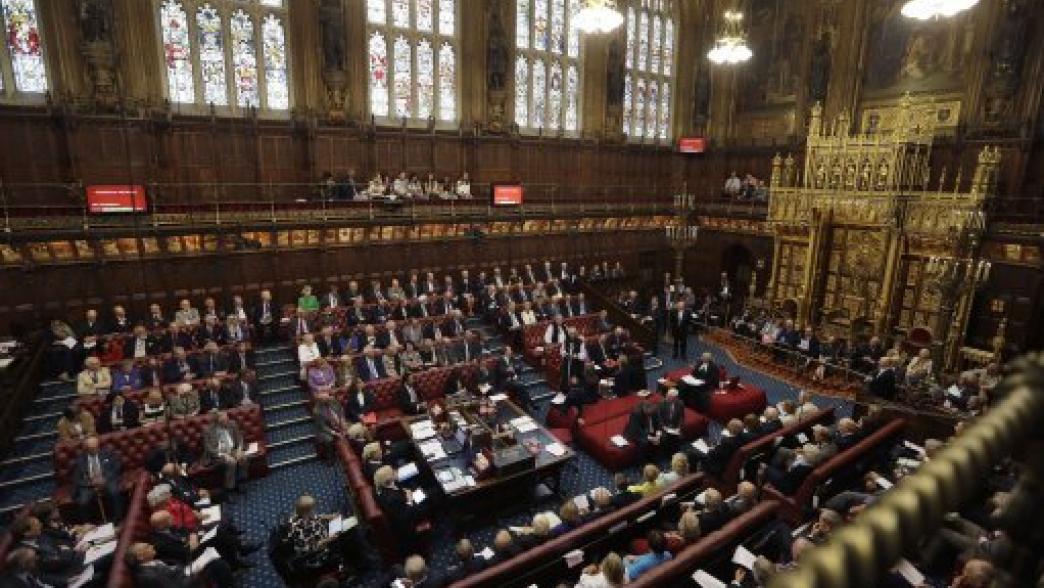Comment
Election 2017: The Lords' mandate on Brexit

Theresa May said that one reason for the snap election was to strengthen her mandate and tackle those still opposed to Brexit. Dr Catherine Haddon looks at how this applies to the House of Lords.